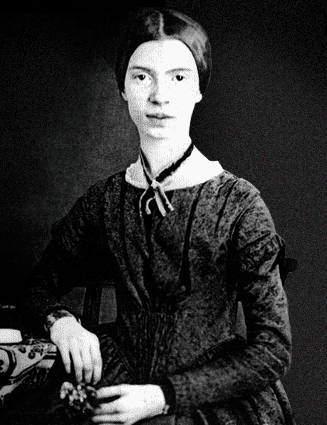httpv://www.youtube.com/watch?v=FgiPXFVY0T8&feature=channel
The movie that haunted Frye as a child, The Phantom of the Opera. (The full movie appears at the link above.)
Frye in “Notebook 12”:
I have a feeling — probably it is just one of those would-be profound feelings that it’s comfortable to have — that I cannot really get at the centre of a problem unless something in it goes back to childhood impressions. Thus my New Comedy ideas, the core of everything I did after Blake, go back to my [Horatio] Alger reading, and now I think the clue to this labyrinth is the sentimental romance of the 19th century, the roots of which are in Scott. While I lived on Bathurst St. I was constantly reading ghost stories with similar patterns in mind, & Poe & Hawthorne have always been favorites. Underground caves; the Phantom of the Opera & the like, are all part of the Urthona penseroso pattern. (CW 9, 141-2)

